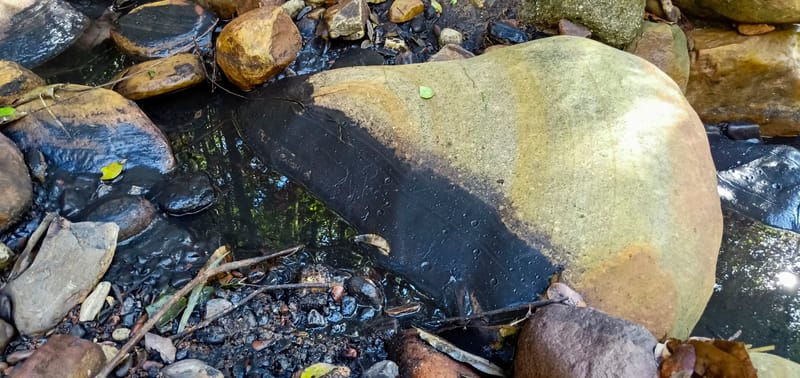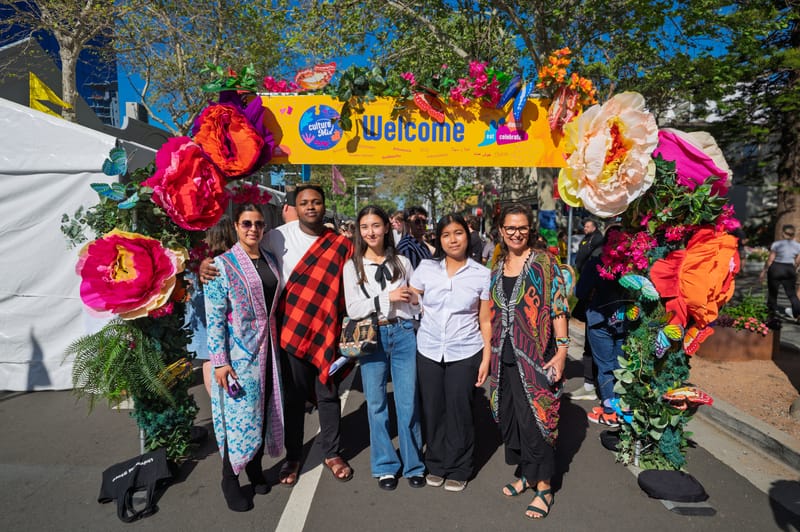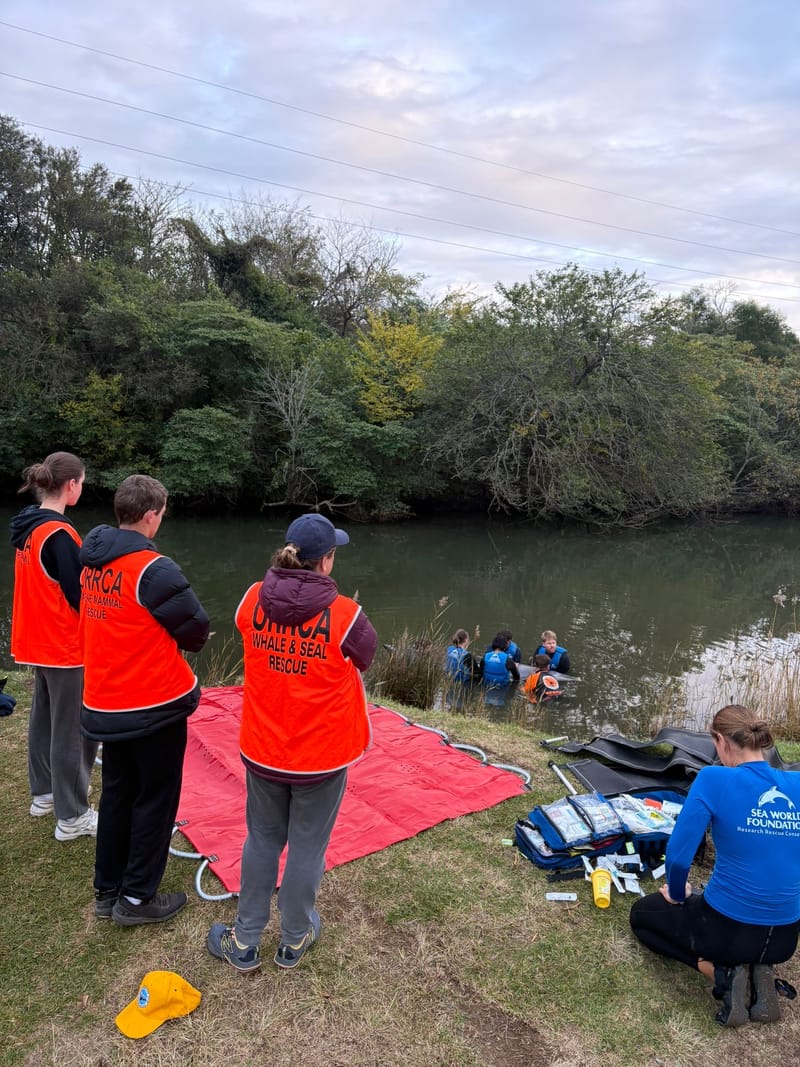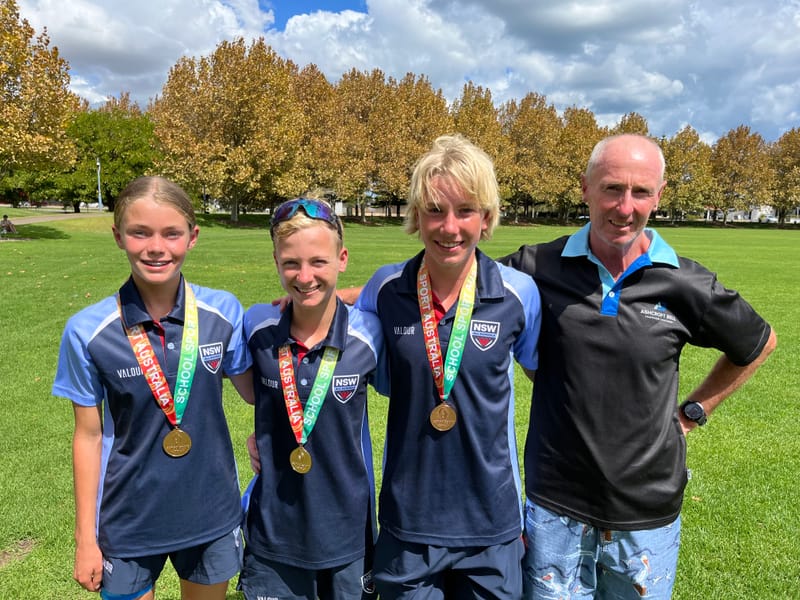Meet a Humble Friend
Ahead of World Refugee Day on June 20, 2508 District News met a Helensburgh social worker who has co-founded a charity to help anyone in need. Zoe Bell is a social worker with a masters in human rights law who moved to Helensburgh three years ago...
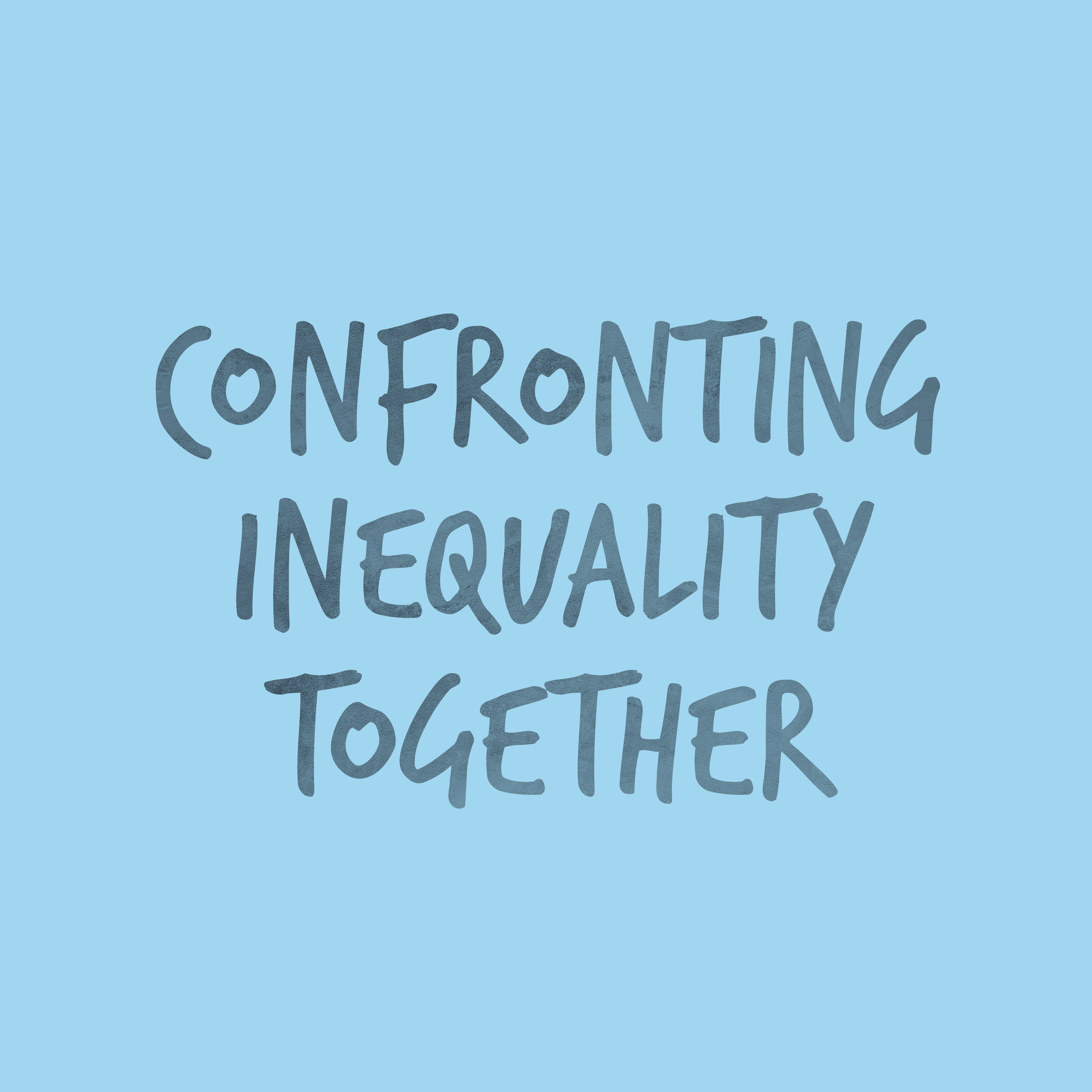
Ahead of World Refugee Day on June 20, 2508 District News met a Helensburgh social worker who has co-founded a charity to help anyone in need.
Zoe Bell is a social worker with a masters in human rights law who moved to Helensburgh three years ago, while pregnant with her daughter, Bonnie.
When Covid struck, Zoe was at home, working on her PhD in refugee protection and statelessness. The situation quickly spiralled from academic to on-the-ground urgent.
“Just before I went full-time on my PhD, I’d been working at the kids clinic at HARK (Health Assessment for Refugee Kids) at Westmead Children’s Hospital,” Zoe says. “I stopped that to focus full-time on my studies, to balance the work, the study and the child, and, you know, life.
“But I was still receiving phone calls from people in need.
“Particularly during March/April last year, when people’s jobs were disappearing and things were getting really stressful across the country.”
Zoe found herself hitting the phone, advocating on behalf of those in need, talking to real estate agents, helping people avoid eviction and referring them on to other agencies.
There came a snag.
“When I tried to refer them to existing organisations, people were saying, ‘Look, we’re full, we can’t help, our doors are closed, we are inundated because of Covid’.
“But the need was still there.”
Zoe joined forces with a Sydney friend, Jessica Harkins, who also works in the refugee sector, dealing with multicultural domestic violence. Together they launched a new organisation called Amiculus, which means “humble friend” in Latin.
“I needed a banner under which to be able to make these phone calls and do this work. It was a way of being a freelance social worker, but still having the credibility of saying, My name is Zoe, I’m a social worker from Amiculus.
“We started off helping people, mainly families, with small children. We supported a single, expecting mother who was stuck in Australia and couldn’t get home. She needed simple things, like nappies, a cot, a car seat to take her child home in.
“Last year we helped 60 families. We distributed almost $10,000 in vouchers. We gave out about $45,000 in in-kind donations.”
Amiculus recently celebrated its first anniversary. In the space of a turbulent year, the organisation has gathered an eight-strong talented team and is now a registered charity awaiting deductible gift-recipient status.
At the top of Zoe’s to-do list today is planning a blanket drive for winter.
“I’ve got a bit of a call to action: as winter is coming, the community really needs blankets. Donations can be made via our website, amiculus.org.au.
“We can’t accept second-hand blankets because of allergies and things like that.”
It’s strange to think in the wealthy nation of Australia that people are in need of something as basic as a blanket.
“Absolutely. Last night I went to visit a family, who’s new to our organisation. They have three children, the youngest one’s 10 months old, the eldest one is seven. And their house is empty, they have nothing – no couch, no rug, no furniture, nothing. It’s always shocking, especially when you see how much waste comes out of houses.”
Zoe kindly took time to answer more questions.
Who does Amiculus help?
We were born out of a clear need for support for people who are on temporary visas. So this is people on bridging visas, people on temporary refugee visas, people who are stateless in Australia.
There’s a quite a few thousand people living in Australia who are stateless, who have no country, no nationality, no citizenship. And they’re having babies, and children are becoming stateless as well.
So there’s this growing generation of stateless Australians really.
We help with real essentials. We give out a lot of vouchers for financial hardship.
Some people on bridging visas have no access to Centrelink, no access to Medicare, and these are not single, able-bodied men. These are little children. We’re working with one family who has three children, no Medicare, no Centrelink. The parents go without meals, so that they can feed their children, they’re living on charity.
This is State-made, this is poverty from policy. And we really just want to address that.
Most of the people we work with at the moment are in Lakemba, Wiley Park area, Greenacre.
We are inclusive and non-judgemental, we help anyone from anywhere, from any faith or nationality or language. We’ve been helping people mainly from the Rohingya community, that’s where most of my connections are. We’ve also been working with people from Burma, Sri Lanka, Iran, Iraq and even one person from Italy.
We work with anyone.
Who runs Amiculus?
We’re a completely volunteer-run organisation, we’re social workers, we’re psychologists, we’ve all worked with refugees and asylum seekers for a long time. Some of us have worked on Manus Island and Nauru. We’ve also got people in our organisation who are refugees themselves. I’m the co-chair, along with Jessica Harkins. Jessica and I had worked together for five years in the asylum seeker settlement space. She is just as passionate as I am.
In addition to providing necessities, how else does Amiculus help?
We’re trying to support people with health, with getting little children and pregnant women access to the medical system.
We work a lot with Dandelion Support Network in Caringbah. They provide children and babies items. They’re incredible.
The other thing we focus on is education. For young people on temporary visas, once they finish high school, they have no pathways. So you’ve got really bright young people who are stateless refugees. They want to study, to do incredible things like medicine and engineering and physics.
But they can’t. They’re treated as an international student, even if they might’ve been here for 10 years. So they can’t pay the fees – it’s exorbitant, $15,000 for a year, sometimes depending on what degree you do, $15,000 a semester. A lot of TAFE courses and apprenticeships are also unobtainable. So all these poor young people are really suffering,
Their mental health, their hopes for the future, their sense of self worth is really affected.
We’re part of a couple of university action groups to try and get scholarships for these people.
The other thing that we’re really passionate about is family reunions. We work with quite a few people whose children are still overseas, and, you know, as a parent, you can’t think, people can’t function, they are constantly concerned about their kids still stuck in really dangerous situations.
We’re talking about refugees, stateless people – like the Rohingya. The situation in Burma now, with the coup, and before, with the genocide, is horrendous. And the only option, for these little kids is to get on leaky boats and try and get to Malaysia or Bangladesh.
There’s no option for them to come to Australia.
That’s all because their parents came by boat. The policies are really discriminatory. So we’re trying to address those systemic issues – who cares if they came by boat, that was 10 years ago, get over it.
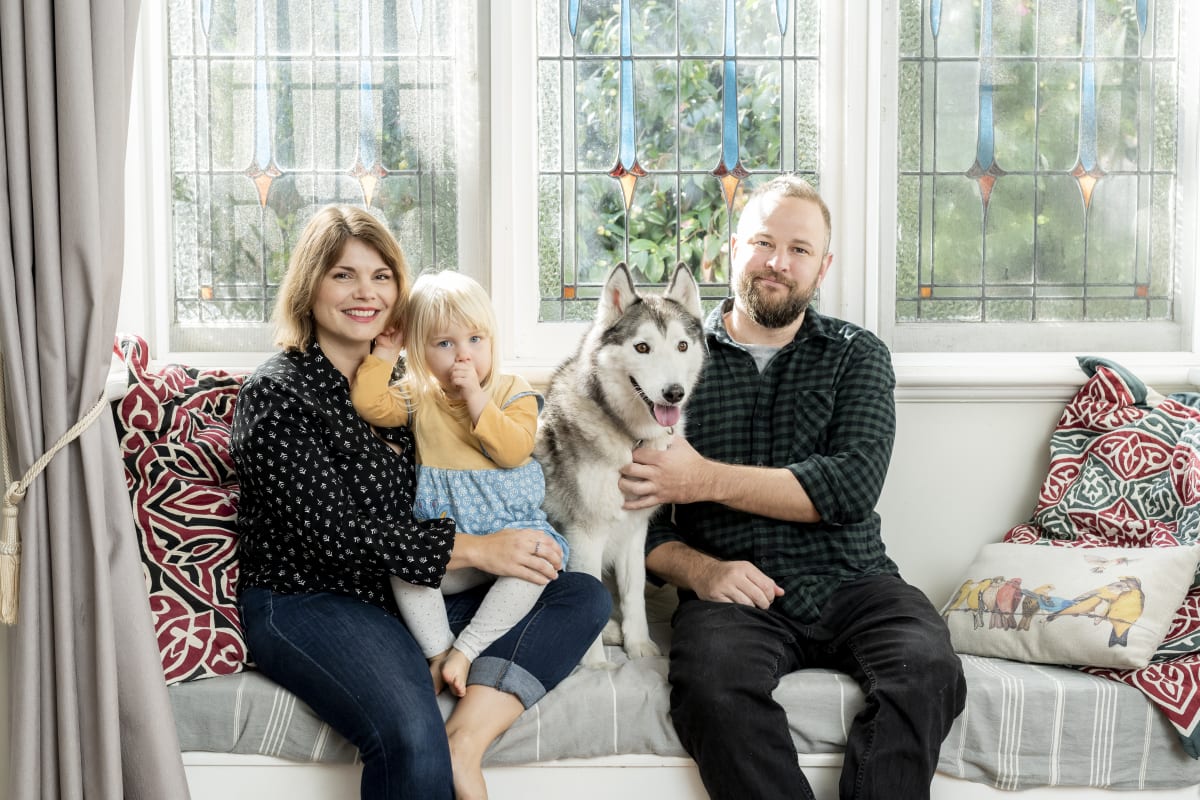
What’s your day job?
I’m a social worker. My husband Leigh’s also a social worker. He works in mental health. I’ve worked with refugees and asylum seekers for over 10 years, in the settlement space, mainly with asylum seekers. I’m doing a PhD at the University of NSW and I’m looking at refugee protection and statelessness, and working with the Rohingya community in Sydney.
What made you want to become a social worker?
I’ve always been drawn to helping people. I grew up in Boronia Park and when I finished high school,
I went to South Africa for six months and worked in a school for kids with disabilities in Cape Town. That really cemented my interest in helping others.
My interest in refugees has always been really strong. My dad came to Australia from South Africa in the 70s. He got involved in the anti-apartheid student movement in Durban and it got quite serious … there were a couple of disappearances. He took a opportunity to leave South Africa as a student in 1973 – he didn’t come as a refugee but he felt forced to leave.
My family has ensured that we grew up with a social conscience. The news was always on at our house. I remember being 12 and being into animal rights and welfare. I was always following a cause.
My interest in refugees and asylum seekers was really cemented during the Howard years and seeing little children being born in Woomera, places like that, and being seven years old by the time they were released – really horrific treatment of vulnerable people who we should be empathetic to. Refugees need to be met with empathy, not with suspicion and punishment.
Look, we need to make sure that people aren’t travelling through dangerous methods, getting on leaky boats and drowning. But locking them up indefinitely or putting them out in the community – with no way to live and with no rights – is just not a solution.
How did you hit upon the name Amiculus?
Because we work with so many people who don’t have English as their first language, we really wanted a name that didn’t limit ourselves to any one group. Which was a little bit silly in a way, you know, because no one knows Latin, except maybe a couple of lawyers! It means ‘humble friend’. We want to support people by walking with them. We don’t want it to be a top-down approach where we’re dictating what they need and giving them what we think is appropriate.
People have said to us, ‘Why do you give vouchers? What if they go and spend it on something that you don’t think is the right thing to spend it on?’ Well, that’s their autonomy, we’re giving them the right to choose.
We don’t do food boxes, because they won’t want to eat everything that’s in there. They want to go and choose their own things.
If they decide, you know what, I have enough food to eat, but I don’t have enough petrol for my car or I need phone credit so I can call my family because their shelter’s just burnt down in the camps in Bangladesh or whatever. They can have that choice. It’s up to them. We’re a friend.
Was there anything in the Budget for the people you’ve been helping?
The short answer is no.
Really, the issue impacting the people we work with – people on temporary refugee visas, bridging visas and those who are stateless, is not a matter of funding or money. It’s a matter of human rights, protection and a future.
What’s the reaction to Amiculus been like in the Helensburgh community?
Really positive. Jacqueline Shuttle is a local Helensburgh designer – she did all our graphic design for our website and donated her time and her incredible skills to create our logo. The community has been really lovely and supportive.
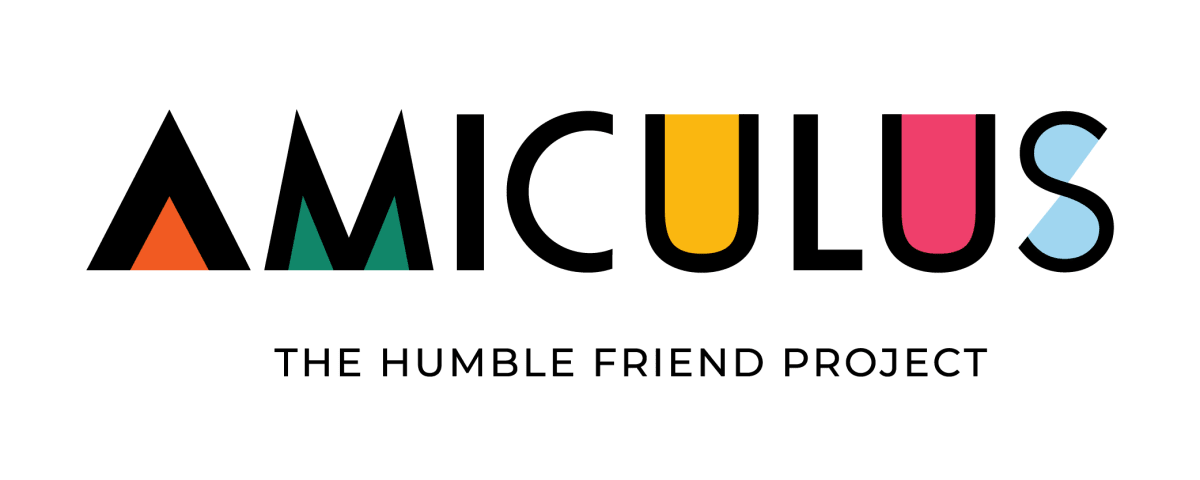
Follow @amiculusproject on Facebook & Instagram. Visit www.amiculus.org.au, email theteam@amiculus.org.au

